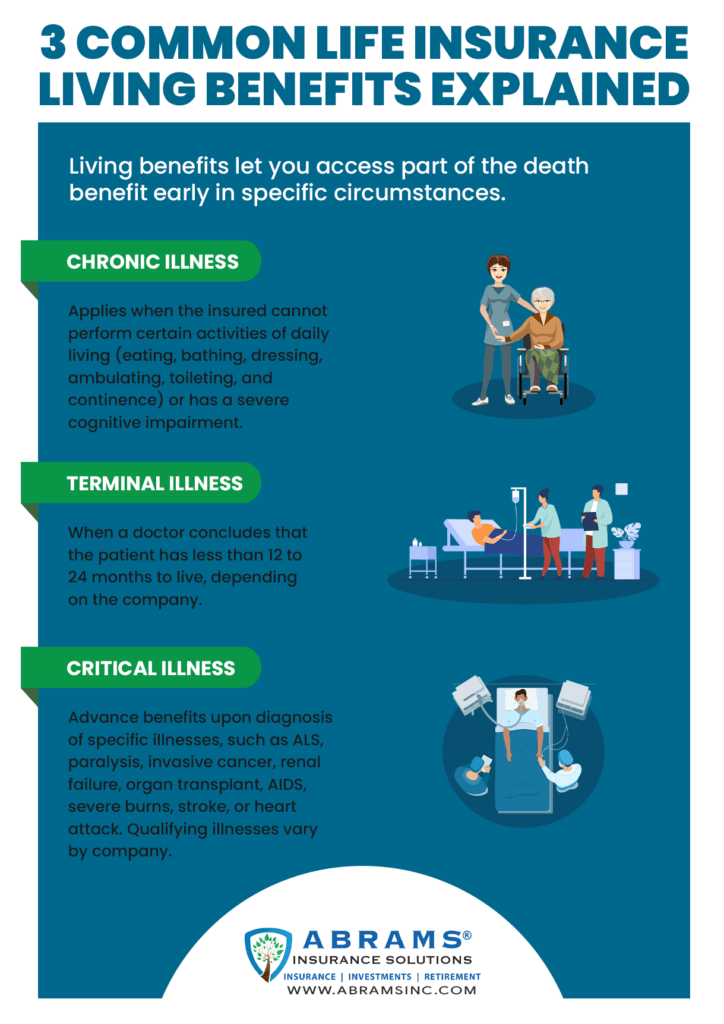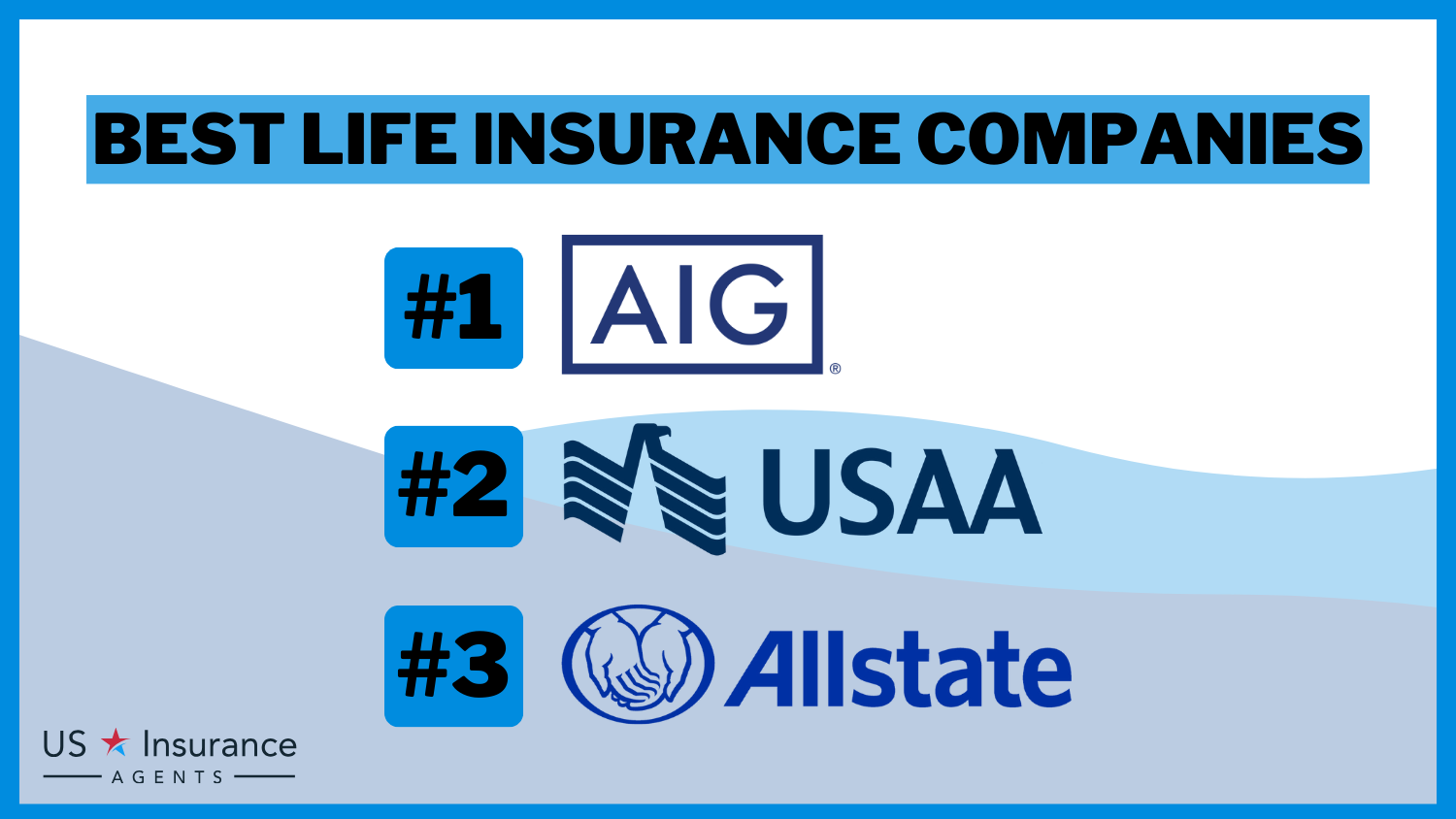Yes, you may be eligible for compensation if you were injured in a car accident that was not your fault. Compensation can cover expenses such as medical bills, lost wages, and pain and suffering. The specific amount of compensation you may receive will depend on the severity of your injuries and the circumstances of the accident.
Can I Get Compensation for a Car Accident?
If you’ve been involved in a motor vehicle collision, you may wonder whether you qualify for compensation. The answer is often a resounding "yes," but eligibility depends on a few key factors.
Determining Eligibility for Compensation
Every car accident is unique, and the specific circumstances will dictate your eligibility for compensation. Here’s a breakdown of the essential factors to consider:
-
Fault: If you’re determined to be at fault for the accident, it becomes more challenging to obtain compensation. However, even if you share some responsibility, you may still be eligible for a partial settlement.
-
Insurance Coverage: The availability of insurance coverage plays a crucial role. Most drivers have some form of auto insurance, including liability coverage that may pay for the other party’s damages. However, the coverage limits and exclusions can vary greatly.
-
Injury Severity: The extent of your injuries significantly impacts your eligibility for compensation. More severe injuries generally warrant higher settlements. However, even minor injuries can result in substantial compensation, such as for medical expenses and lost wages.
-
Insurance Company Policies: Insurance companies have their own policies and procedures for handling claims. Understanding their processes and requirements is essential for maximizing your compensation. It’s advisable to consult with an attorney who specializes in car accident claims for guidance.
-
Comparative Negligence: In some jurisdictions, the doctrine of comparative negligence applies. This means that if you’re partially at fault for the accident, your compensation may be reduced by your percentage of fault. However, several states have laws that limit the impact of comparative negligence, ensuring that victims can still recover fair compensation.
-
Property Damage: In addition to injuries, you may also be entitled to compensation for property damage, such as damage to your vehicle. This typically falls under the property damage liability coverage of the at-fault driver’s insurance policy.
-
Statute of Limitations: Each state has specific filing deadlines for car accident claims. Failing to initiate a claim within the designated time frame could jeopardize your right to compensation. As such, it’s crucial to consult with an attorney promptly after an accident to protect your legal rights.
Can I Get Compensation for a Car Accident?
If you have been injured in a car accident caused by someone else, you may be wondering if you can get compensation. The answer is yes, you may be eligible to receive compensation for your injuries and other losses. However, the amount of compensation you receive will depend on several factors, including the severity of your injuries, the extent of your medical expenses, and the state in which you live.
Types of Compensation
Compensation for car accident injuries can cover a range of expenses, including:
The amount of compensation you receive for each of these expenses will vary depending on the severity of your injuries and the specific circumstances of your case.
In addition to the above, you may also be able to recover compensation for other losses, such as loss of earning capacity, loss of enjoyment of life, and disfigurement.
If you have been injured in a car accident, it is important to speak to an attorney to discuss your legal rights and options. An attorney can help you to determine if you are eligible for compensation and can help you to get the maximum amount of compensation that you deserve.
Can I Get Compensation for a Car Accident?
Okay, so you’ve been in a car accident. It’s not fun, is it? You’re hurting, your car is damaged, and you’re wondering if you can get compensation for your troubles. The answer? It depends. But don’t worry, we’ll walk you through the steps of what you need to do to get the compensation you deserve.
Proving Fault
Figuring out who caused the accident is like solving a puzzle. You need to gather evidence to prove who’s to blame. Think of it like a courtroom drama. The first step? Get witness statements. They’re like the star witnesses in your case. Next up, track down the police report. It’s the official account of what happened, so it carries a lot of weight. And don’t forget about medical records. They show the extent of your injuries, which is key for getting fair compensation.
Can I Get Compensation for a Car Accident?
Have you recently been involved in a car accident and are wondering if you can seek compensation? The answer is a resounding yes! However, the process of obtaining compensation can be complex and overwhelming, especially if you’ve never been through it before.
This article will provide you with a comprehensive guide to help you understand your rights and options for seeking compensation after a car accident. We’ll cover everything from filing a claim to negotiating a settlement, so you can get the compensation you deserve.
Filing A Claim
After a car accident, it’s crucial to file a claim with the insurance company of the at-fault driver. Timely reporting is essential to preserve your rights and protect your interests. The claim should include all the details of the accident, including the date, time, location, and a description of how it occurred.
Be sure to provide the names and contact information of any witnesses, as well as any police reports or medical records related to the accident. The insurance company will investigate the claim and determine if you are entitled to compensation.
Determining Fault
Determining fault in a car accident is crucial for establishing liability and obtaining compensation. Fault is typically assigned based on the rules of negligence, which vary from state to state. In many states, fault is determined on a comparative negligence basis, meaning that each driver’s negligence is compared to determine their percentage of fault.
For example, if you are found to be 20% at fault for the accident, your compensation may be reduced by 20%. Determining fault can be complex, so it’s advisable to consult with an attorney if you are unsure about who is at fault.
Calculating Damages
Once fault has been determined, the next step is to calculate the damages you are entitled to. Damages can include both economic and non-economic losses.
Economic damages are those that have a monetary value, such as medical expenses, lost wages, and property damage. Non-economic damages are those that do not have a clear monetary value, such as pain and suffering, emotional distress, and loss of enjoyment of life.
The amount of damages you are entitled to will vary depending on the severity of your injuries and the specific circumstances of the accident. An attorney can help you calculate your damages and negotiate a fair settlement.
Negotiating A Settlement
Once the insurance company has assessed your claim, they will typically make an offer to settle. This is not an admission of guilt, but rather a way to resolve the claim without going to court.
You are not obligated to accept the initial offer, and you can negotiate with the insurance company to get a fair settlement. If you cannot reach a settlement agreement, you may need to file a lawsuit to pursue your claim.
Can I Get Compensation for a Car Accident?
If you’ve been injured in a car accident, you may be wondering if you can get compensation. The answer is yes, you may be entitled to compensation for your injuries, lost wages, and other damages. The amount of compensation you can receive will depend on the severity of your injuries, the extent of your lost wages, and the other damages you have suffered.
Negotiating a Settlement
Once you have filed a claim with the insurance company, you will need to negotiate a settlement. This involves reaching an agreement with the insurance company on the value of your claim.
Negotiating a settlement can be a complex process. It is important to seek legal advice before you begin negotiations. An attorney can help you understand your rights and protect your interests.
Here are some tips for negotiating a settlement:
- Be prepared to provide evidence to support your claim.
- Be realistic about your expectations.
- Be willing to compromise.
- Don’t be afraid to walk away from the negotiations if you are not satisfied with the settlement offer.
- Get everything in writing.
Filing a Lawsuit
If you are unable to reach a settlement with the insurance company, you may need to file a lawsuit. This is a more formal process, and it can be more expensive and time-consuming than negotiating a settlement.
However, filing a lawsuit may be necessary if you have suffered serious injuries or if the insurance company is refusing to pay your claim.
What Damages Can I Recover?
If you are successful in your claim, you may be able to recover damages for:
- Medical expenses
- Lost wages
- Pain and suffering
- Emotional distress
- Property damage
How Do I Get Started?
If you have been injured in a car accident, the first step is to seek medical attention. Once you have been treated for your injuries, you should contact an attorney to discuss your legal options.
An attorney can help you file a claim with the insurance company and negotiate a settlement. If necessary, an attorney can also file a lawsuit on your behalf.
Can I Get Compensation for a Car Accident?
Whew! Getting into a car accident is not a walk in the park. It can put you in a financial bind. If you’re not at fault for the accident, you may be wondering if you can get compensation. Here’s what you need to know:
Compensation for Damages
After a car crash, you may be eligible for compensation for several types of losses, including:
- Medical Expenses: This covers the cost of your medical treatment, both past and future.
- Lost Income: If you couldn’t work due to your injuries, you can get compensation for the wages you lost.
- Pain and Suffering: This compensates you for the physical and emotional distress you experienced.
- Property Damage: If your vehicle or other property was damaged, you can get reimbursement for repairs or replacement.
How to Pursue Compensation
There are different ways to pursue compensation after a car accident:
- Negotiation: This is where you try to reach an agreement with the other driver’s insurance company without going to court.
- Arbitration: You can hire a neutral third party to help you reach a settlement.
- Going to Court: If other options fail, you can file a lawsuit to get compensation.
Negotiating with Insurance Companies
Negotiating with insurance companies can be tricky. Here are some tips:
- Gather Evidence: Document your injuries, property damage, and lost income.
- Be Prepared to Negotiate: Don’t expect to get everything you ask for. Be willing to compromise.
- Don’t Sign Anything: Don’t sign any settlement agreement without consulting a lawyer.
Going to Court
If negotiations fail, you may have to file a lawsuit to pursue compensation. You’ll need a lawyer to help you with this process.
Factors Affecting Compensation
The amount of compensation you receive will depend on several factors, including:
- Severity of Your Injuries: The more severe your injuries, the more compensation you’re likely to receive.
- Liability: If you’re partly to blame for the accident, your compensation may be reduced.
- Insurance Coverage: The limits of the other driver’s insurance policy will affect how much you can recover.
Conclusion
If you’ve been in a car accident, don’t give up on getting compensation. By understanding your rights and following these steps, you can get the financial help you deserve.




Leave a Reply